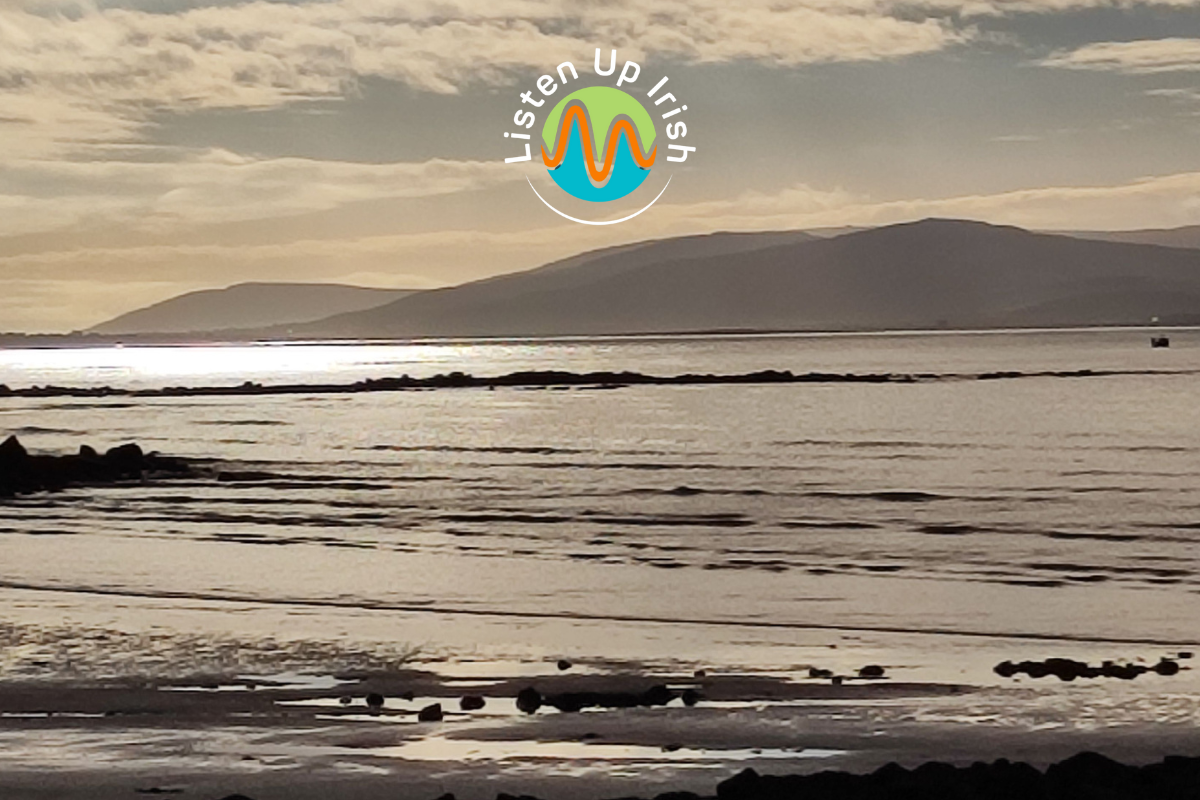Níl sé thar mholadh beirte!
It's just not up to scratch!
There is a great expression in the Irish language to say that something is below par, or leaves a lot to be desired:
It's not much good / Níl sé thar mholadh beirte
This expression literally means that you wouldn't be able to find two people to recommend it!
That book is nothing special; don't waste your time reading it. / Níl an leabhar sin thar mholadh beirte; ná cuir do chuid ama amú á léamh.
I don't feel great today / Ní airím thar mholadh beirte inniu
Beirt / Two People
The word ‘moladh’ means praise or recommendation; and ‘beirt’ means two people.
As you might already know when two nouns come together in Irish the second noun is in what is called the ‘genitive case’ (an tuiseal ginideach) and often has a different form. Nouns in English don’t change in this way…..which is why it can take a little while to become familiar with this concept when you first start learning Irish.
Moladh + beirt = Moladh beirte
(‘beirte’ is the genitive form of ‘beirt’).
The praise of two people / Moladh beirte
The preposition 'thar' (across / beyond)
Did you notice that the preposition ‘thar’ triggers a sound change, marked with the séimhiú (the letter ‘h’)?
Beyond the praise of two people / Thar mholadh beirte
Your car should be on the scrapheap, you should get a new one / Níl do charr thar mholadh beirte; ba cheart duit ceann nua a fháil
The preposition ‘thar’ doesn’t always trigger a séimhiú however - when it refers to something of a general nature, rather than a specific nature, then there is no sound change, and therefore nó séimhiú.
Here are a few common phrases containing ‘thar’:
Top class / Thar barr
I heard that that hotel is excellent, I would love to go there / Chuala mé go bhfuil an t-óstán sin thar barr, ba breá liom dul ann.
Travel Abroad
Abroad / Thar sáile (lit. across seawater)
When did you move abroad? / Cén uair a bhog tú thar lear?
Abroad / Thar lear (lit. across sea/ocean)
They spent last summer abroad / Chaith siad an samhradh seo caite thar lear
Use of 'thar' with time
‘Thar’ is often used to refer to a span of time, e.g. overnight
He stayed in Dublin overnight / D’fhan sé i mBaile Átha Cliath thar oíche
He was kept in the hospital overnight / Coinníodh san ospidéal thar oíche é
The best way to learn Irish
Irish courses with All About Irish are great altogether! / Tá cúrsaí Gaeilge le All About Irish thar barr ar fad!
Read more about the various courses on offer here. All About Irish offers a range of online courses for learning Irish for learners of all levels. Courses include Beginner Irish; intermediate level courses (TEG A2; Beyond Beginner) and Learn Irish Through Literature and Learn Irish Through Poetry courses.
Aon cheist?
Do you have any questions about learning Irish or are you wondering which Irish language course is the right one for you?
Click here to contact All About Irish with with any questions you may have.




